The Art of Avoiding Blunders: How to Identify and Avoid Costly Mistakes on the Chessboard
In the intricate game of chess, where every move holds the potential for triumph or disaster, blunders loom as silent threats. These seemingly minor missteps can quickly unravel a carefully crafted strategy, turning the tide of a match in a matter of seconds. Whether you're a novice player or a seasoned grandmaster, understanding and avoiding blunders is crucial to mastering the art of chess.
A blunder, in essence, is a significant mistake that disrupts the flow of the game and hands your opponent an unexpected advantage. These errors can manifest in various forms, ranging from tactical oversights to broader strategic miscalculations. The consequences of blunders can be devastating, leading to lost pieces, compromised positions, and ultimately, defeat.
In this comprehensive guide, we'll delve into the world of chess blunders, exploring their diverse manifestations, analyzing their costs, and providing practical strategies to help you minimize these costly mistakes. We'll examine both tactical and strategic blunders, identifying common pitfalls and offering insights into how to navigate them successfully. Whether you're struggling with hanging pieces, neglecting your king's safety, or misjudging positional considerations, this guide will equip you with the knowledge and tools to sharpen your decision-making and elevate your chess game.

Tactical Blunders: Oversights in the Heat of Battle
-
What They Are: Tactical blunders occur when a player overlooks an immediate threat or fails to capitalize on an opportunity presented by the current position on the board. These can include:
- Hanging Pieces: Leaving a piece undefended and vulnerable to capture.
- Missed Checkmates: Failing to see a forced sequence of moves that leads to checkmate.
- Ignoring Forks/Pins/Skewers: Not recognizing tactical motifs that attack multiple pieces simultaneously.
-
The Cost: Tactical blunders can result in the immediate loss of material, a sudden checkmate, or a significant weakening of your position. They often swing the momentum of the game in your opponent's favor.
-
How to Avoid:
- Calculate Carefully: Before making a move, take the time to calculate possible variations and anticipate your opponent's responses.
- Look for Threats: Always scan the board for checks, captures, and other tactical possibilities.
- Train Your Tactical Vision: Practice tactical puzzles and study chess patterns to improve your ability to spot tactical opportunities and threats.
Strategic Blunders: Errors in the Grand Scheme
-
What They Are: Strategic blunders involve flawed decision-making related to the overall plan of the game. They can include:
- Poor Development: Failing to develop your pieces efficiently, leaving them passive or vulnerable.
- King Safety Neglect: Not prioritizing the safety of your king, leaving it exposed to attack.
- Pawn Structure Weakness: Making pawn moves that create weaknesses in your position, such as doubled pawns, isolated pawns, or backward pawns.
- Bad Piece Placement: Positioning your pieces in ways that limit their activity or make them targets for your opponent.
-
The Cost: Strategic blunders can lead to long-term positional disadvantages. While they may not have immediate consequences, they can gradually weaken your position, making it harder to defend or create winning chances.
-
How to Avoid:
- Study Chess Strategy: Learn the principles of pawn structure, piece activity, king safety, and opening theory.
- Plan Your Moves: Have a clear plan for how you want to develop your pieces and achieve your goals in the game.
- Evaluate the Position: Before making a move, assess the strengths and weaknesses of your position and your opponent's.
- Think Long-Term: Consider the long-term consequences of your moves, not just the immediate tactical situation.

General Strategies for Avoiding Blunders
- Focus and Concentration: Avoid distractions and maintain your focus throughout the game.
- Time Management: Allocate your time wisely, especially in critical moments of the game.
- Review Your Games: Analyze your own games to identify recurring mistakes and learn from them.
- Practice and Study: The more you play and study chess, the better you'll become at recognizing patterns and avoiding blunders.
The Importance of Mindset
Avoiding blunders is not just about technical skills. It's also about mindset.
- Be Patient: Don't rush your moves or try to force things to happen.
- Stay Calm: Even if you make a mistake, don't panic. Try to regain your focus and find the best way to continue the game.
- Learn from Your Mistakes: Everyone makes blunders in chess. The key is to learn from them and not repeat them in the future.
By understanding the different types of blunders and implementing these strategies, you can significantly reduce the number of mistakes you make and improve your overall chess performance.
ChessnBoards offers a premium selection of luxury chess set, Dubrovnik chess set, Staunton chess set & Boardgames, enhancing the chess-playing experience with high-quality & elegant options. Also, if you appreciate simplicity, consider the minimalist chess set, a sleek and modern take on the classic game. For portability, a storage box for chess pieces is indispensable, ensuring your set stays organized. Tournament chess set cater to serious players, while a luxurious marble chess set and crystal chess sets adds a touch of opulence to your games.


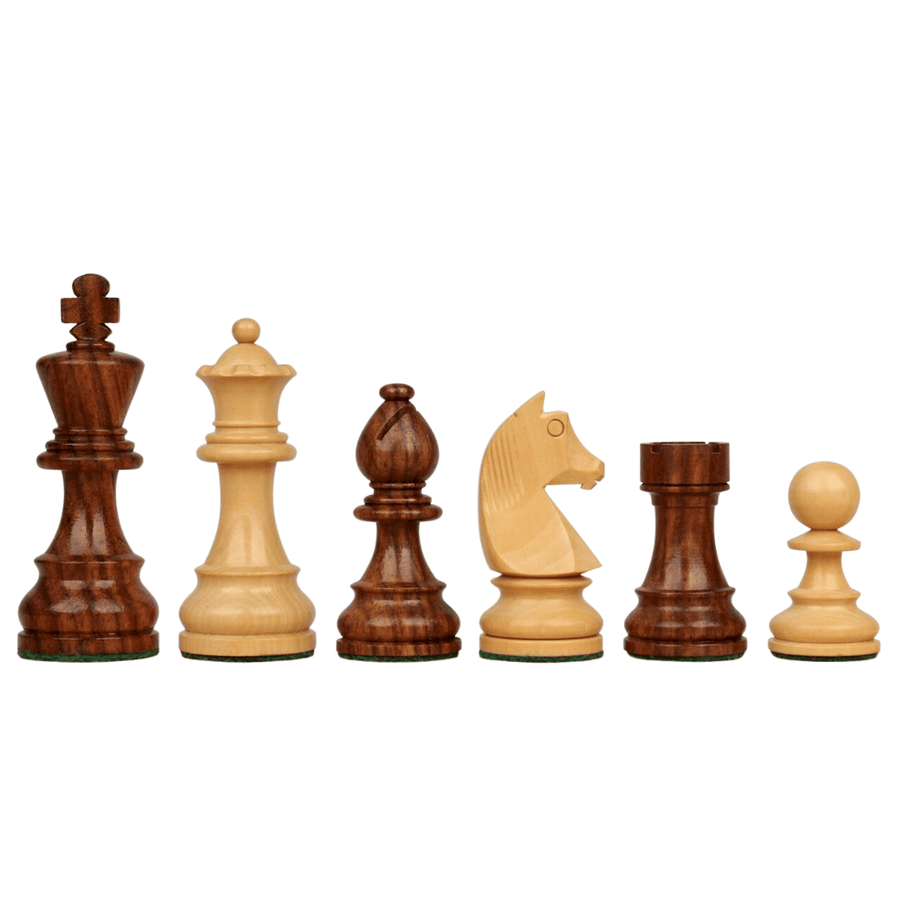
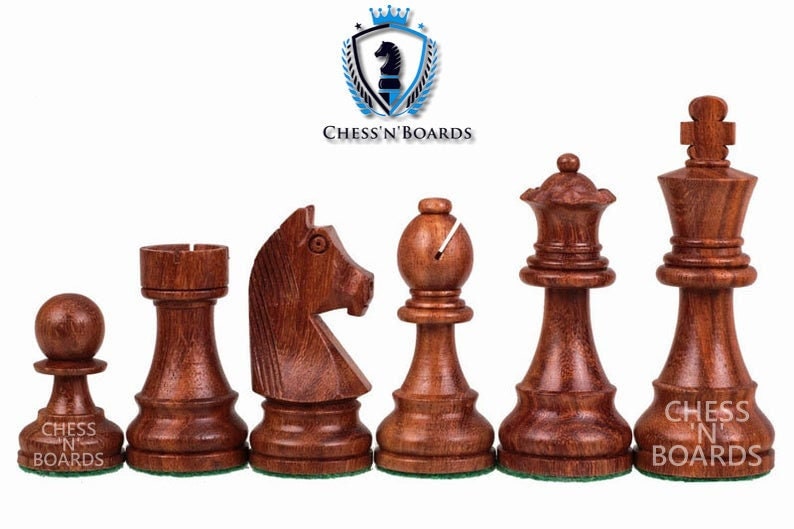
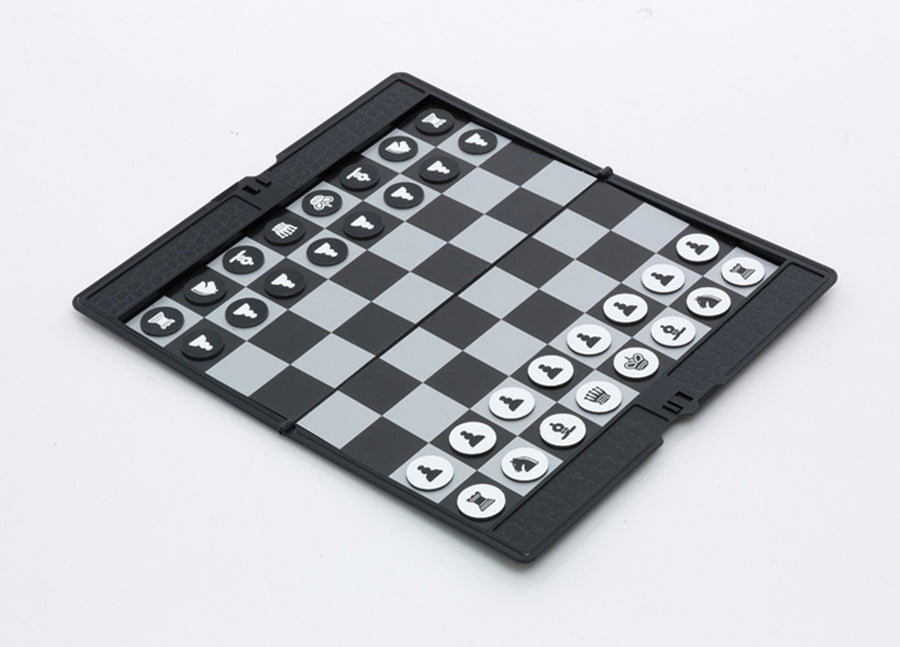
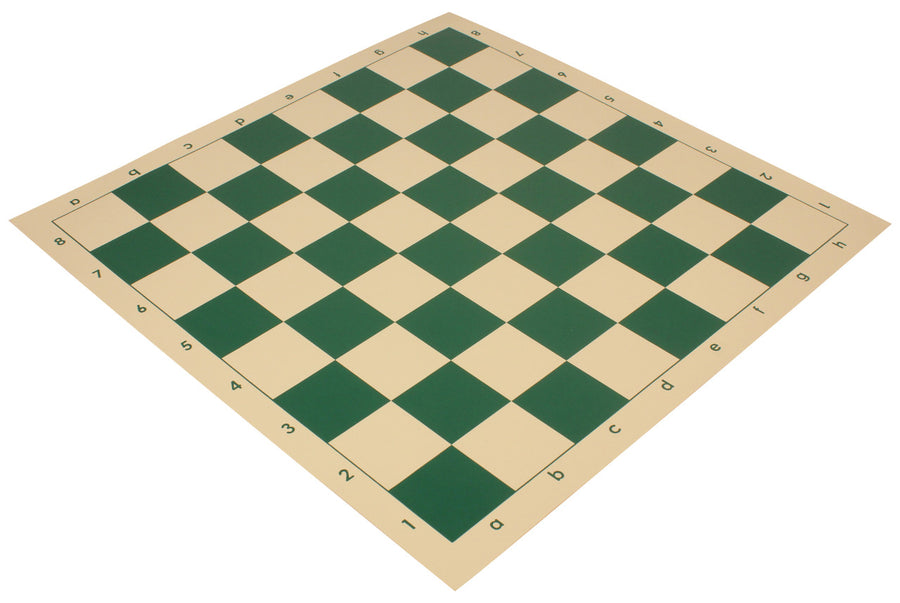
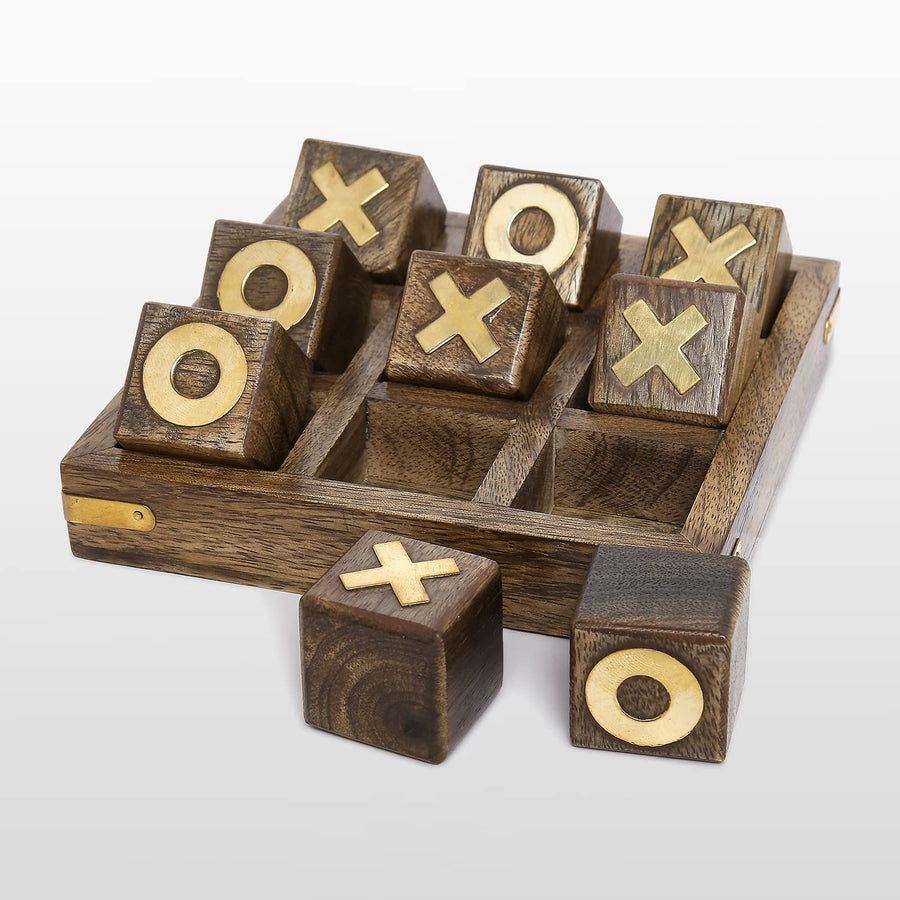
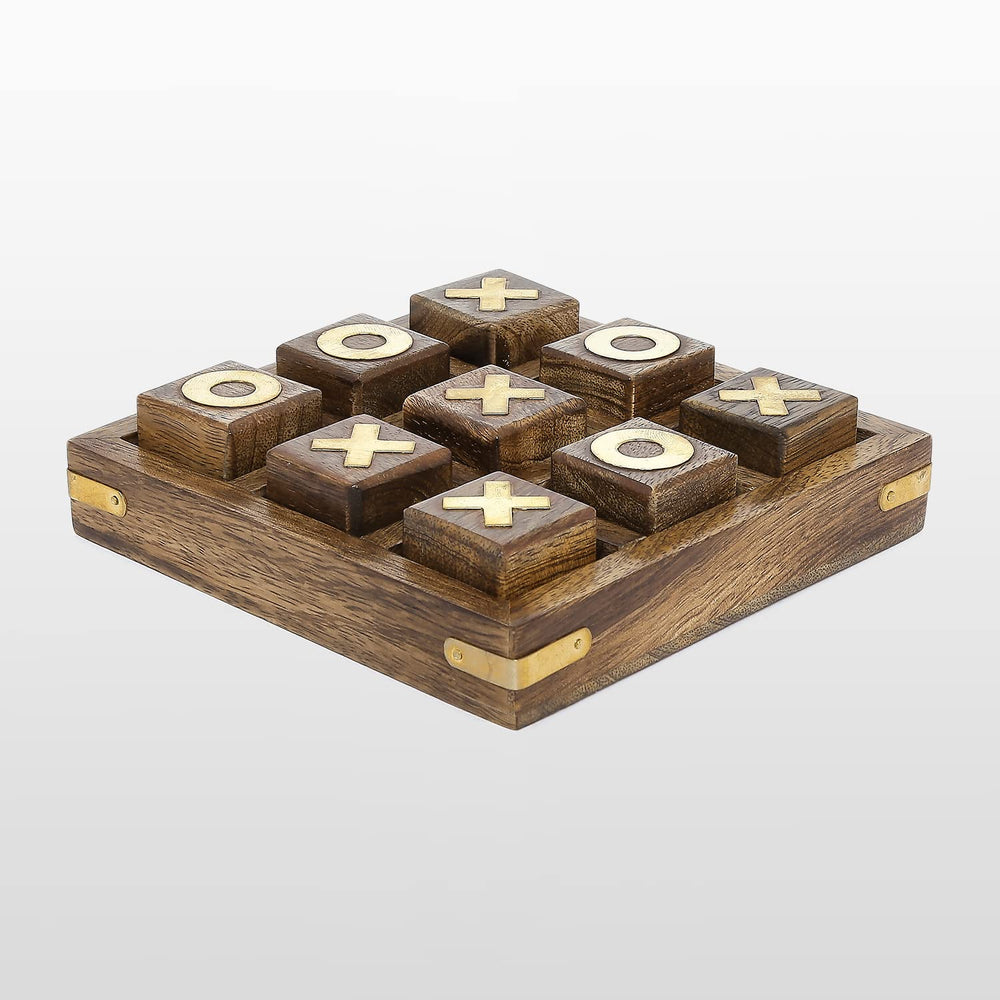
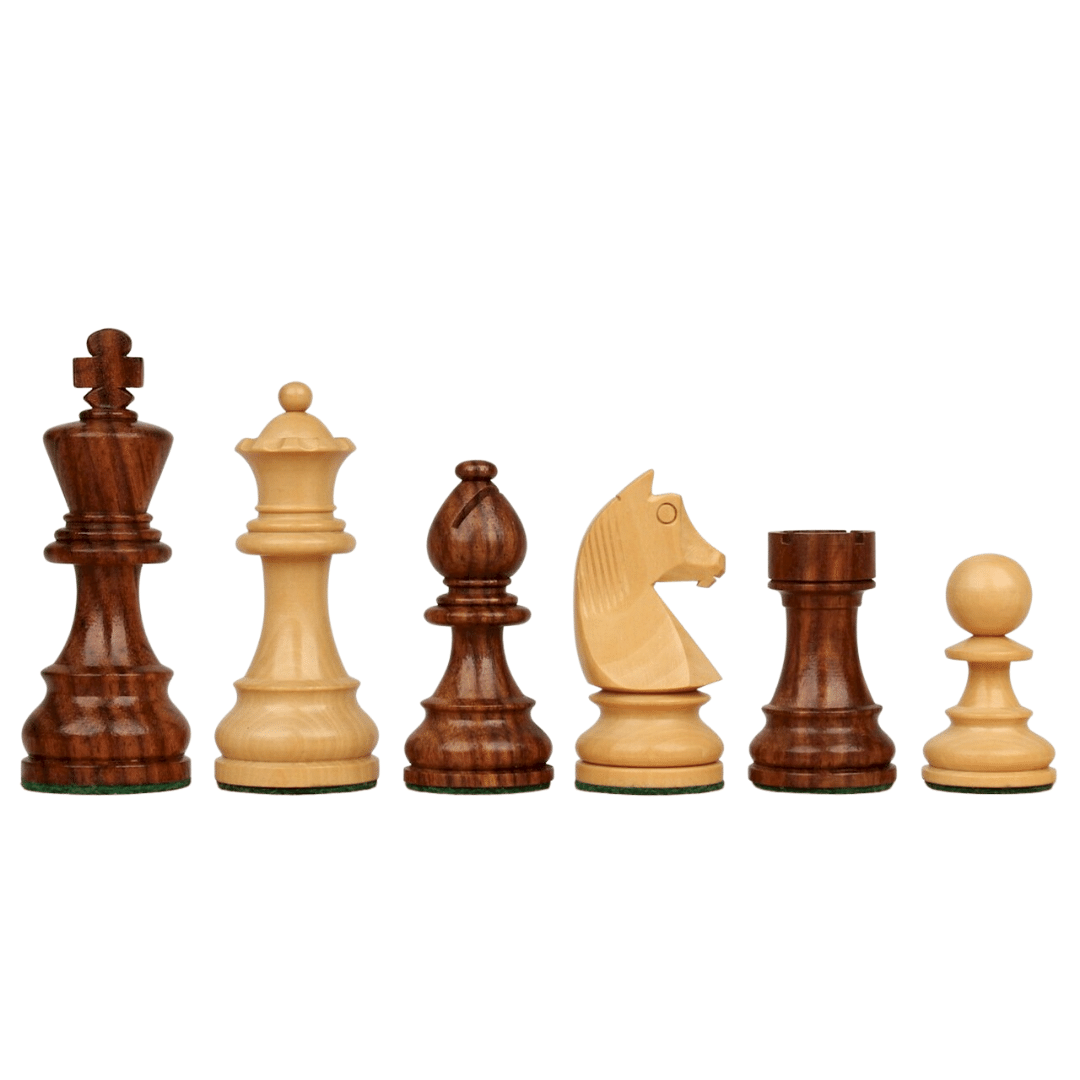
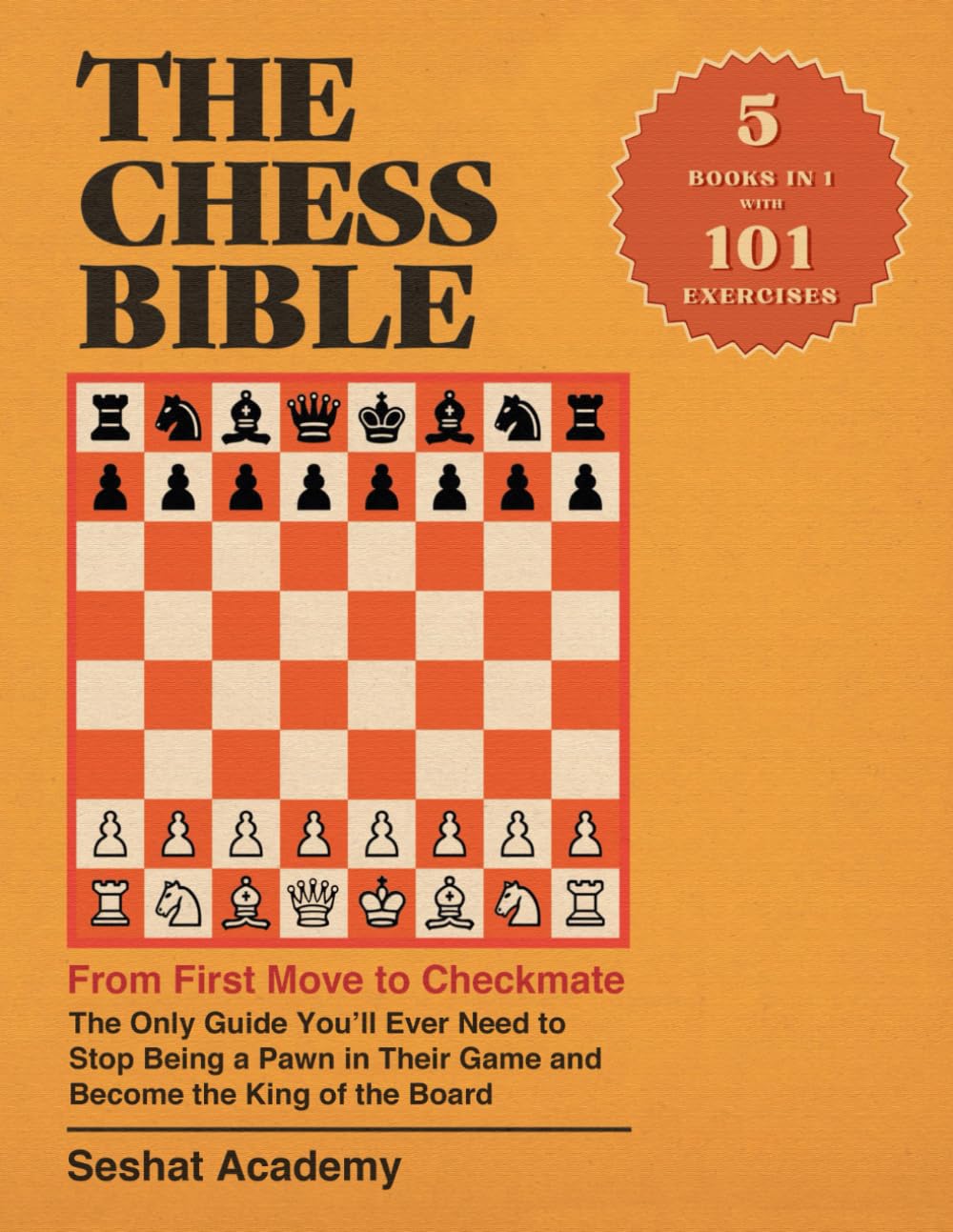
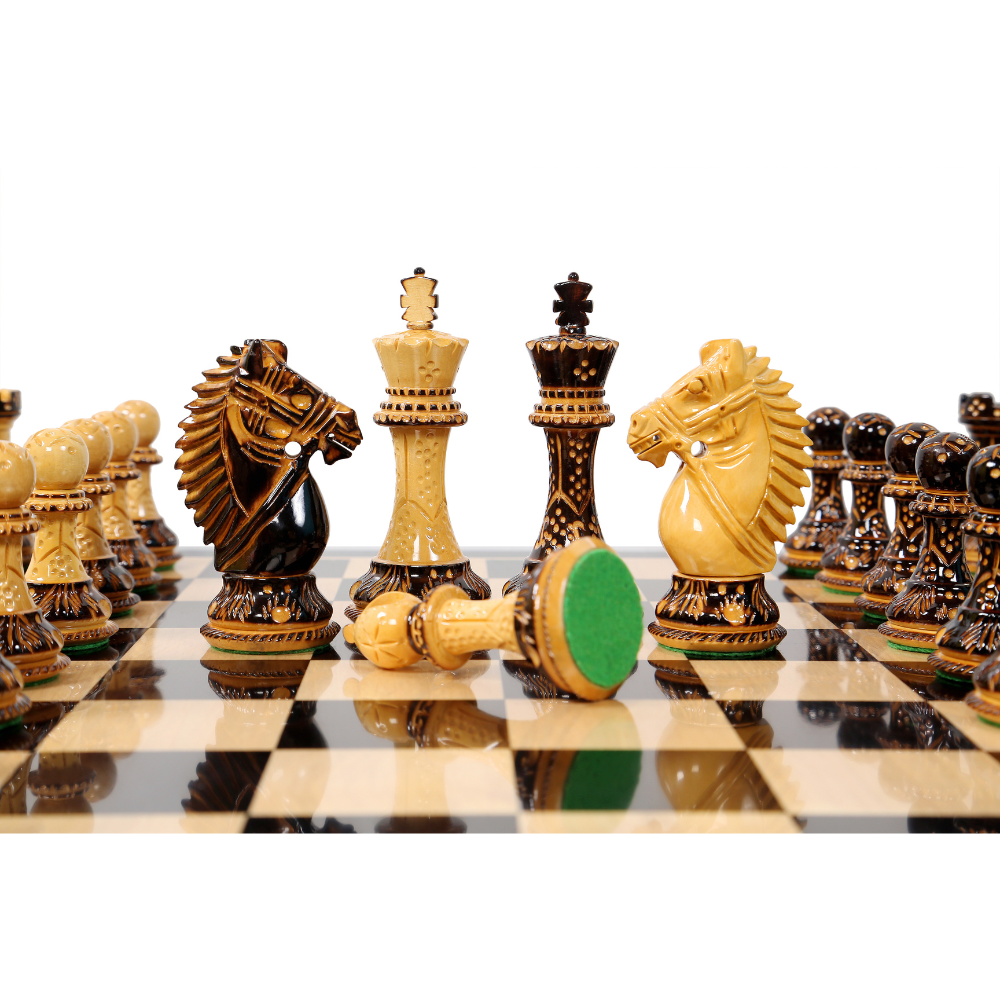

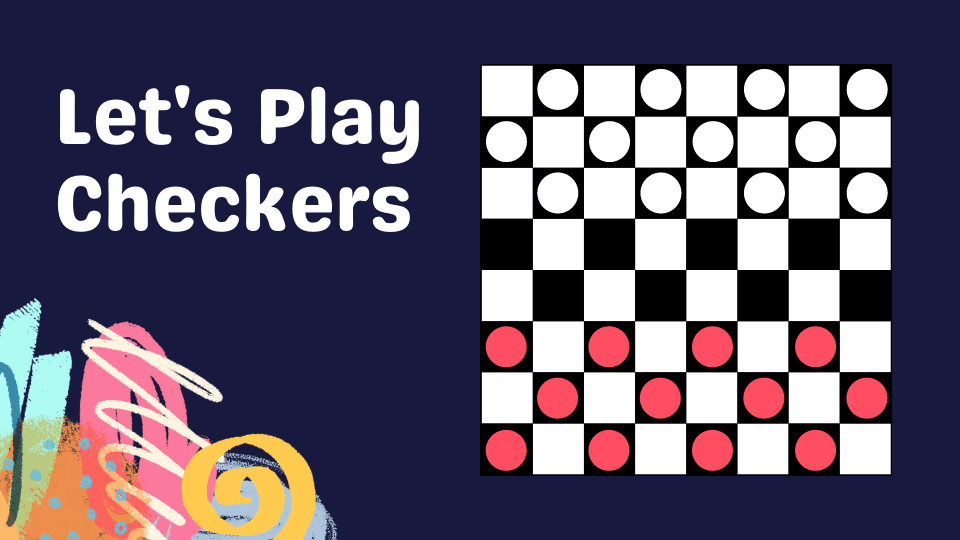
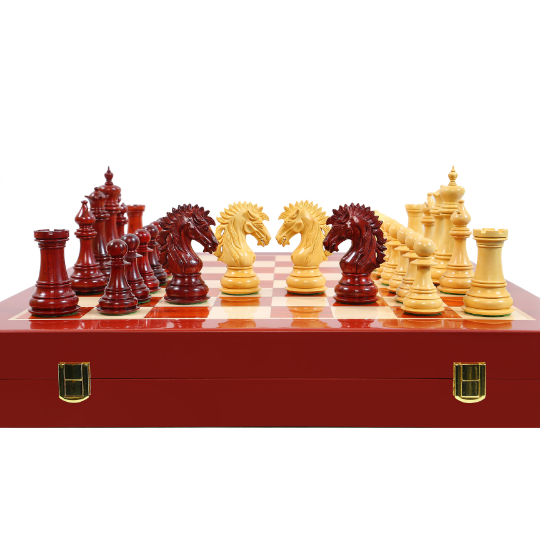
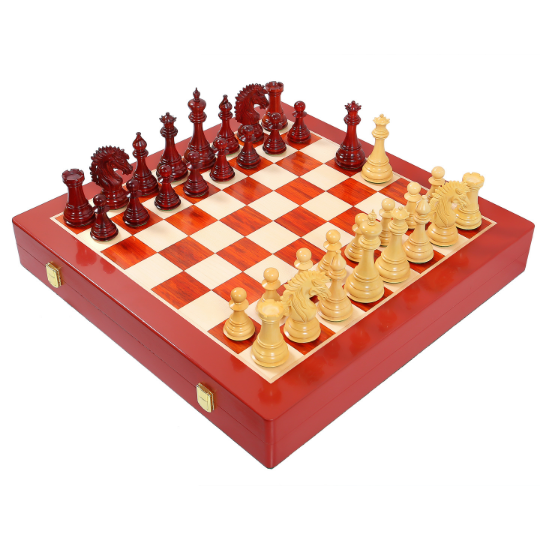
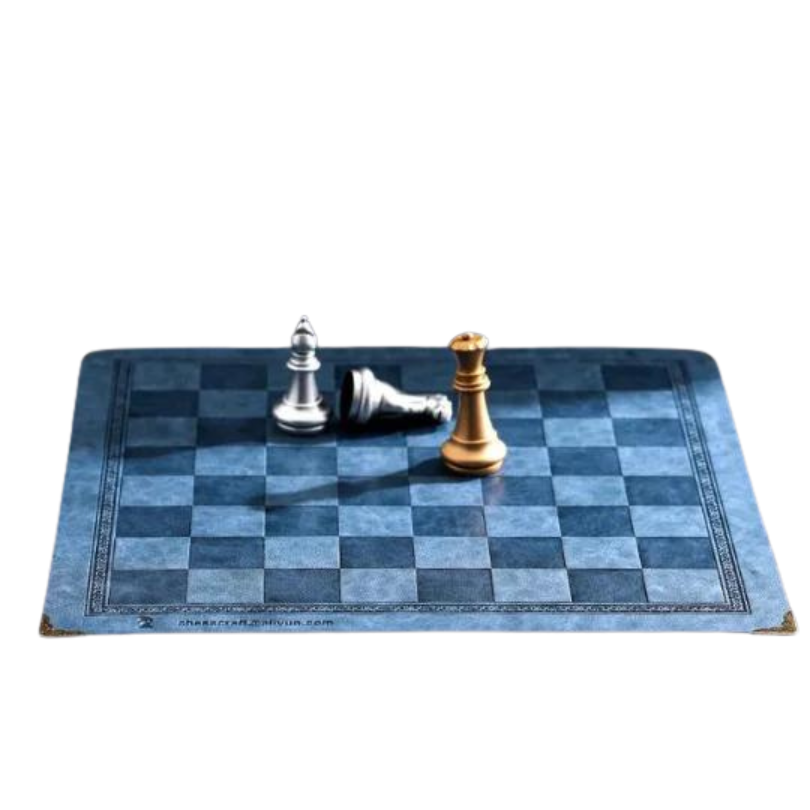
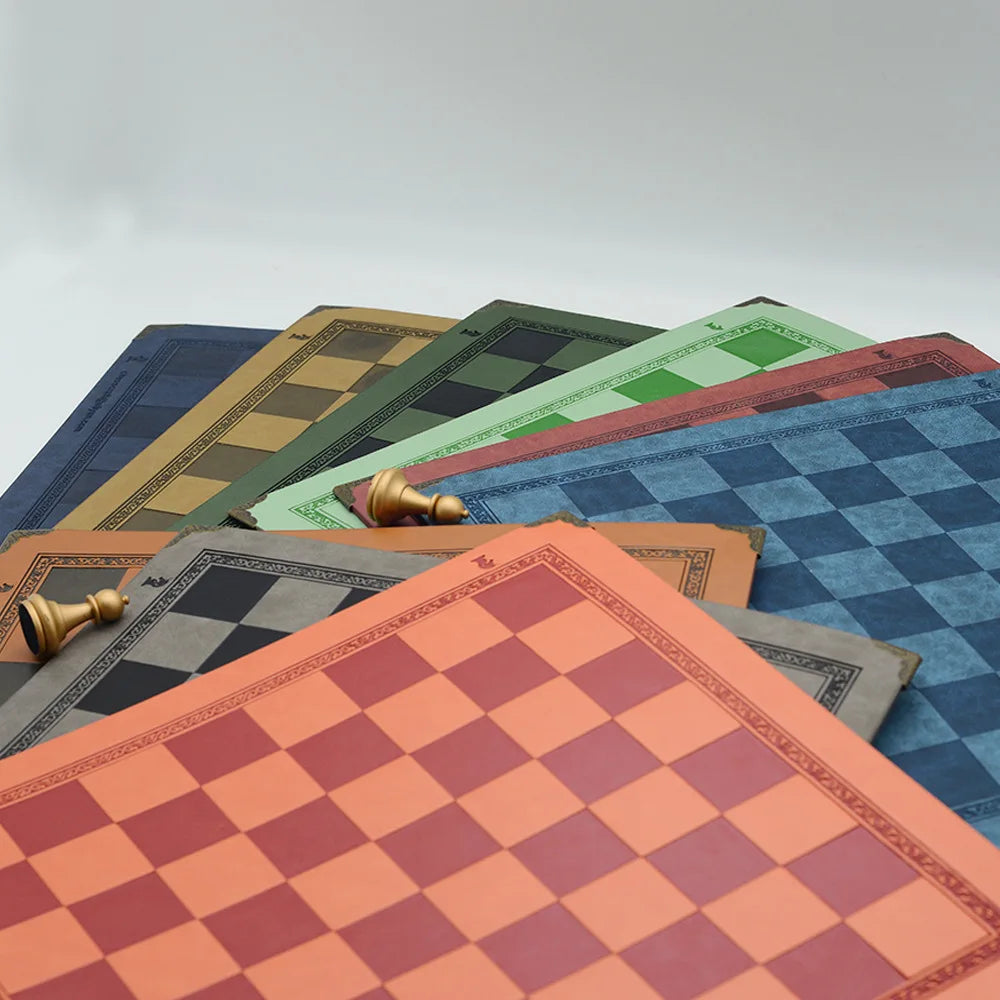
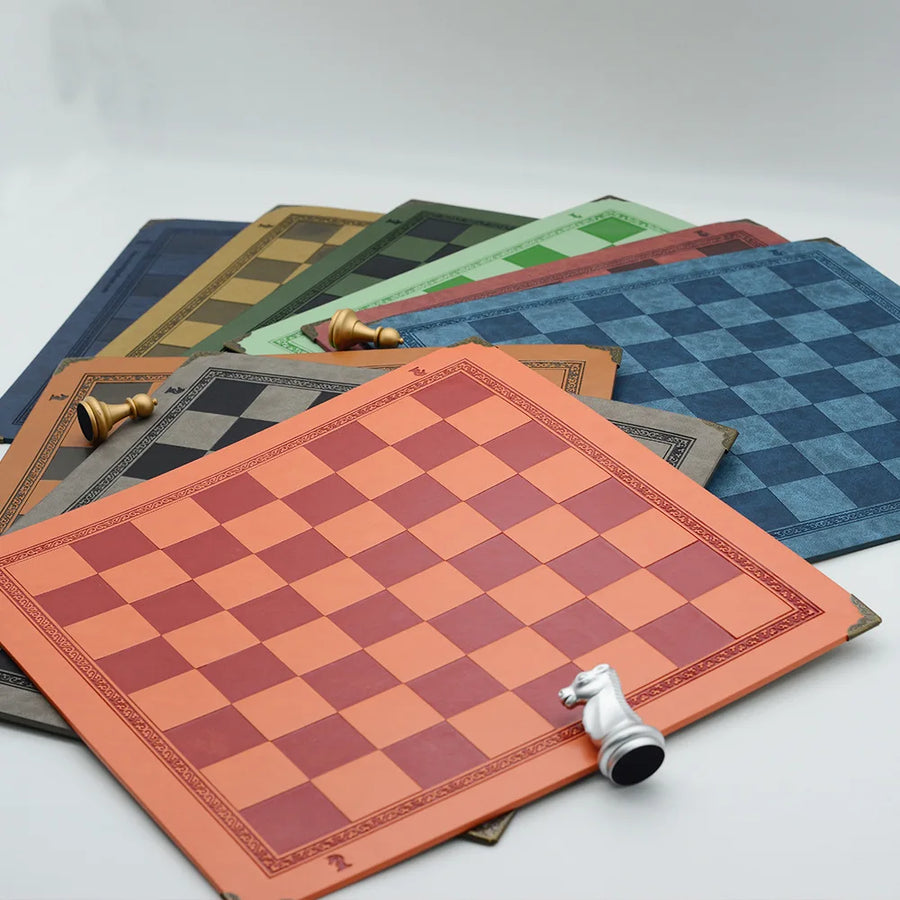
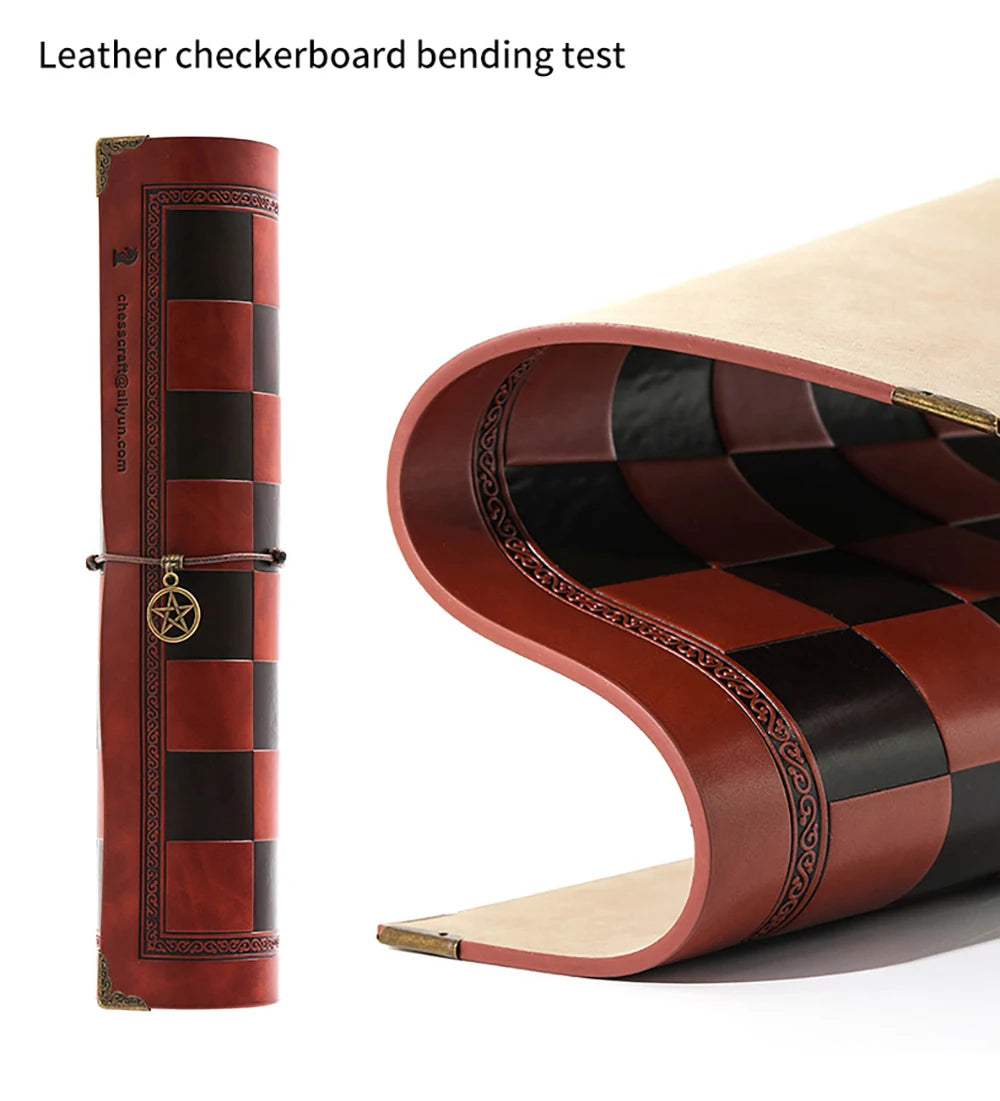
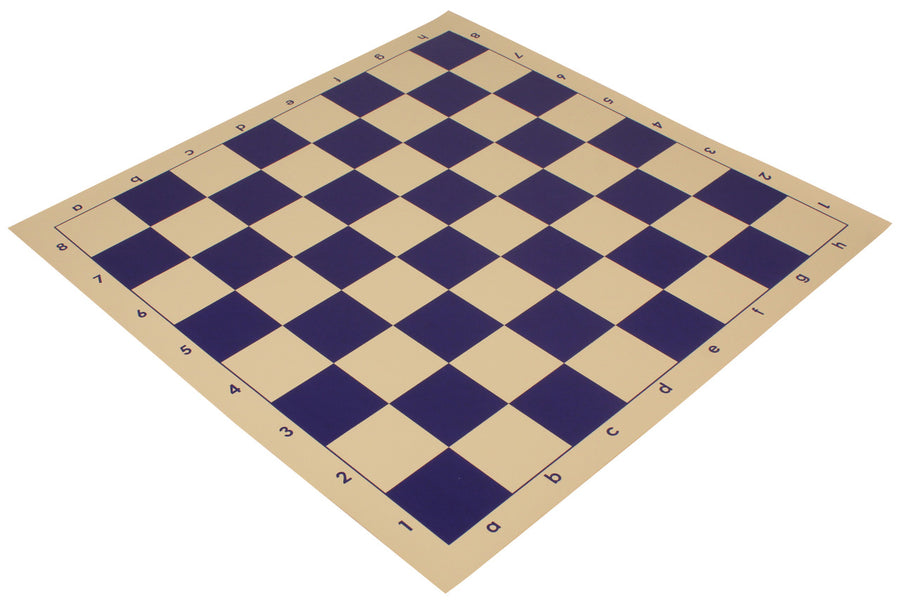
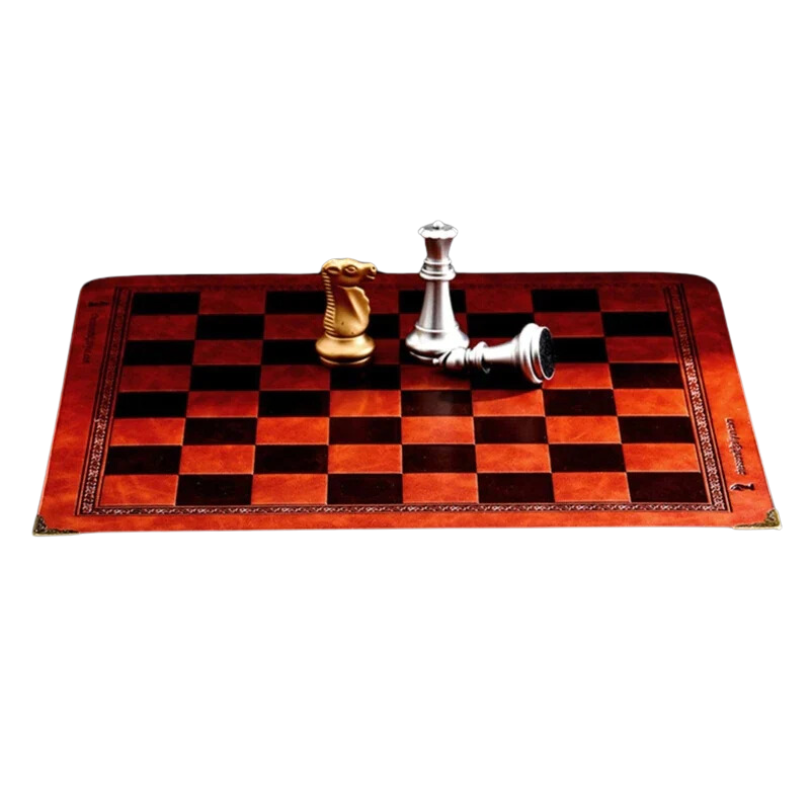
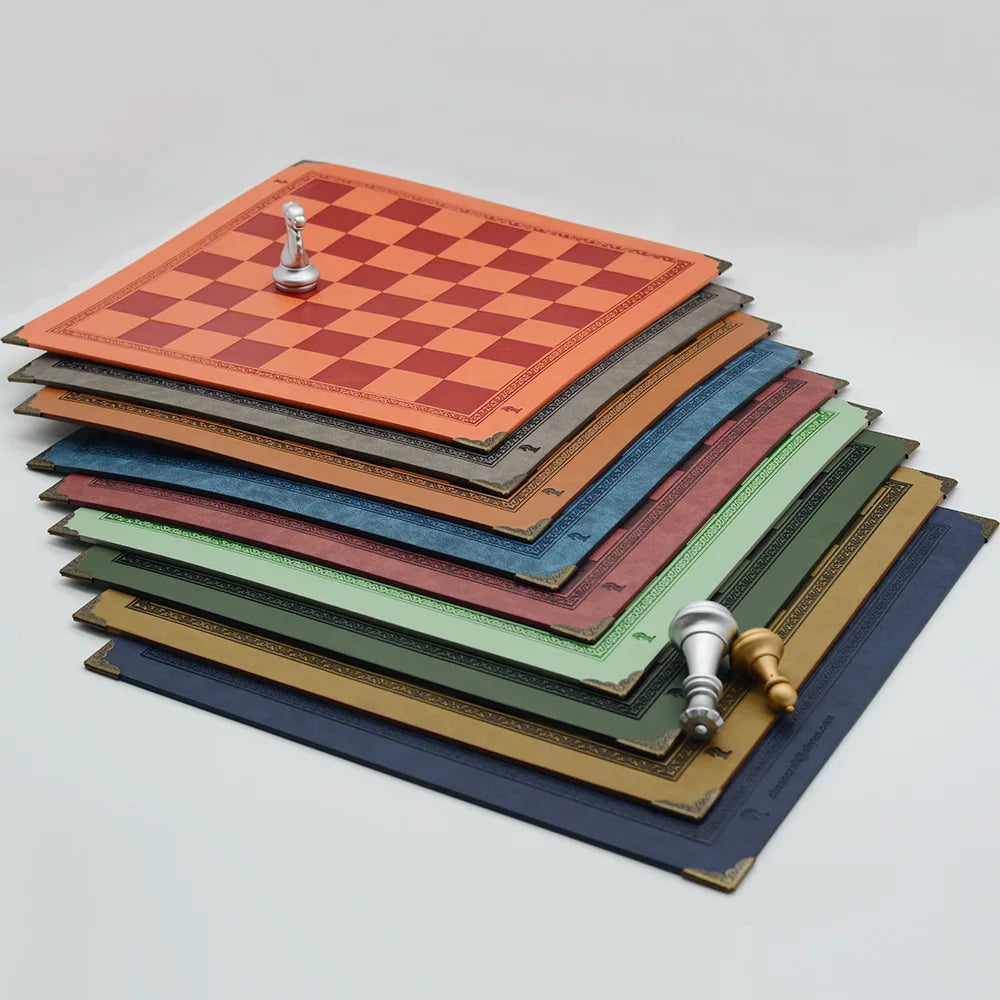
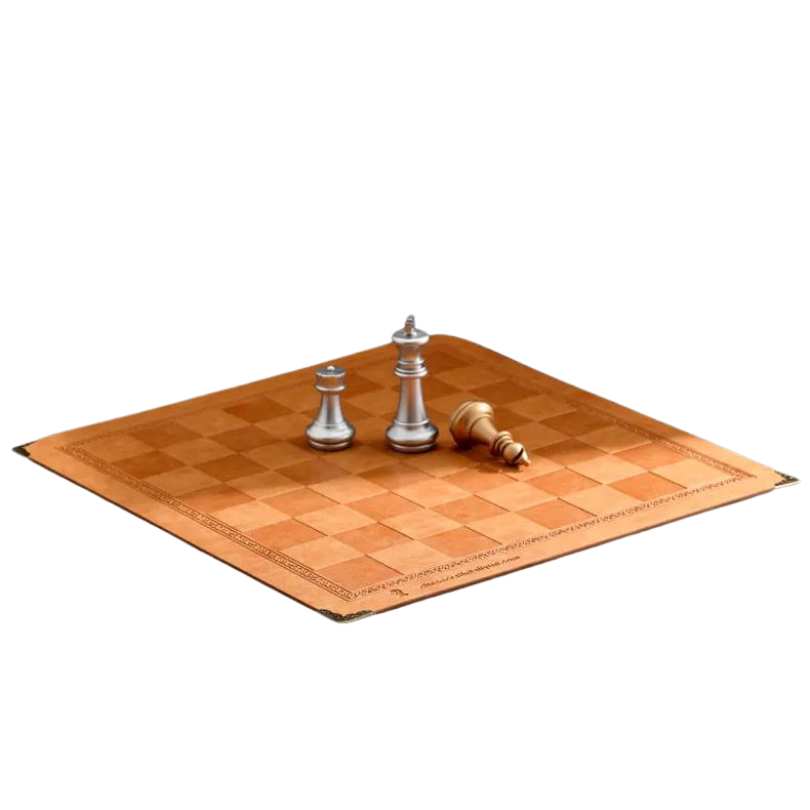
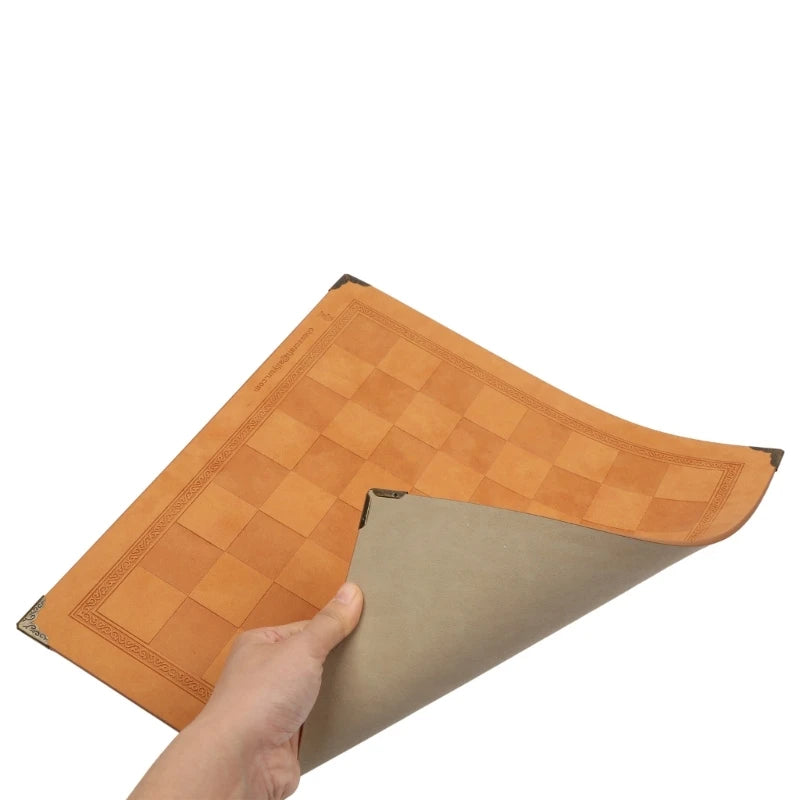
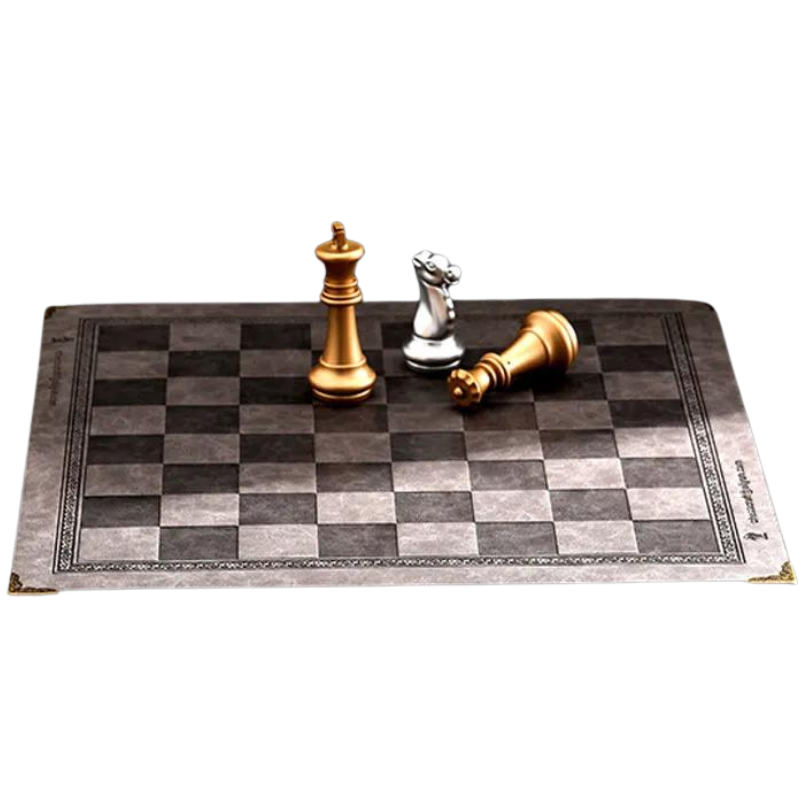
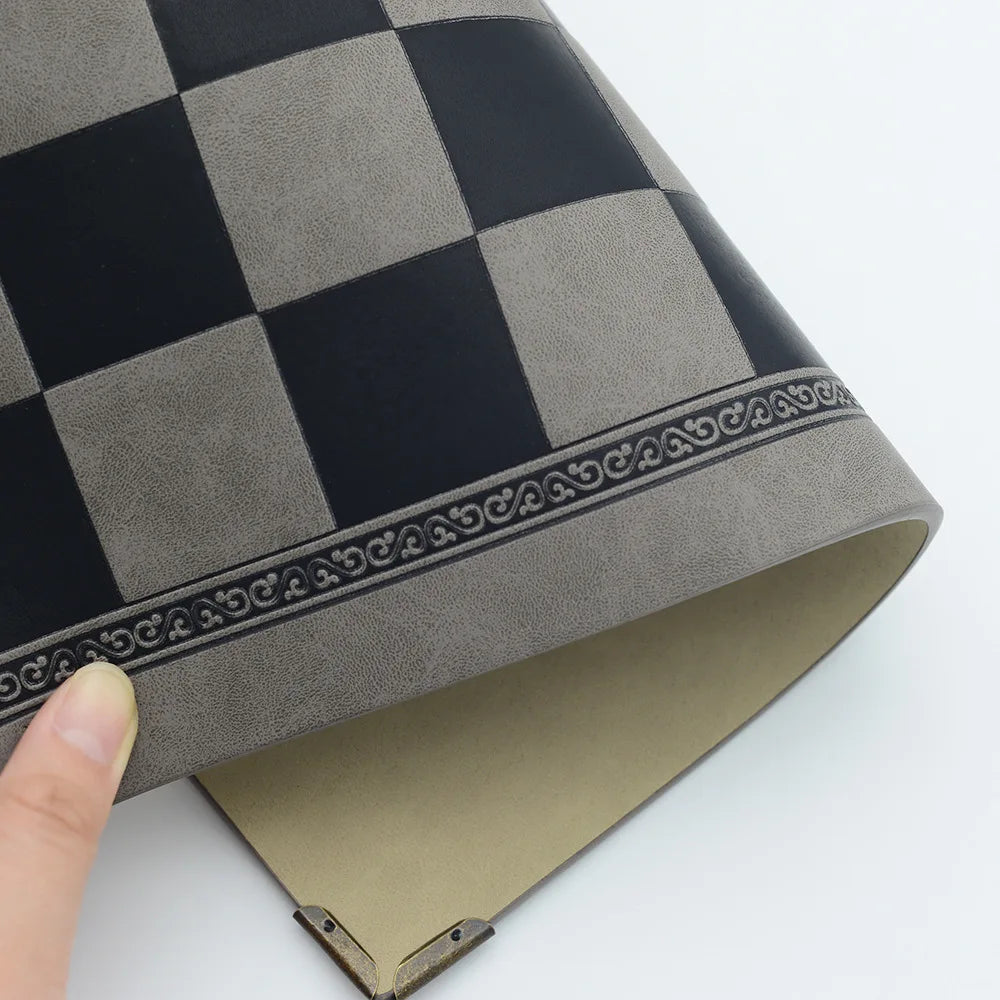








Hinterlassen Sie einen Kommentar